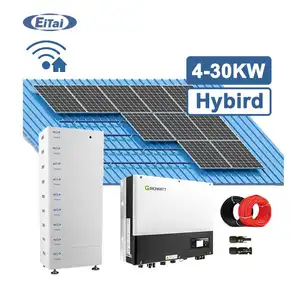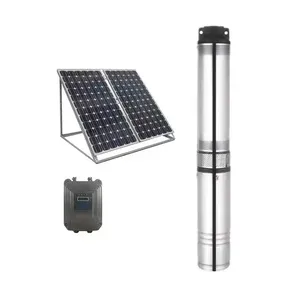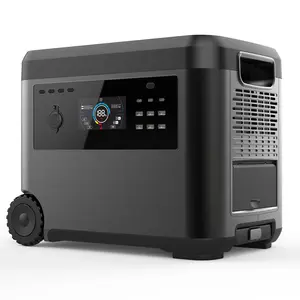Popular in your industry

































































Top categories
About 192v charge controller
Understanding the 192V Charge Controller
The 192v charge controller is a pivotal component in the realm of solar energy management, designed to regulate and oversee the power flow from solar panels to the battery bank. This device ensures that the 192-volt systems operate efficiently and safely, preventing overcharging and prolonging battery life.
Types and Applications
Charge controllers come in various forms, including the 192 volt solar charge controller, which is specifically tailored for high-voltage solar systems. These controllers are suitable for a broad range of applications, from residential solar systems to solar working stations, highlighting their versatility in different settings.
Features and Technologies
Modern 192v solar charge controllers are equipped with advanced technologies like Maximum Power Point Tracking (MPPT) and Pulse Width Modulation (PWM). MPPT controllers optimize the power output from solar panels, while PWM controllers stabilize the energy flow to the batteries, ensuring a balanced charge.
Materials and Construction
The construction of a 192v charge controller involves robust materials that can withstand environmental stressors, ensuring durability and consistent performance. The choice of materials also influences the controller's efficiency and thermal management capabilities.
Advantages of Using a 192V Charge Controller
Utilizing a 192v charge controller in a solar setup brings several advantages, such as improved battery health, enhanced system efficiency, and the ability to manage large-scale solar operations. These controllers are integral in maximizing the lifespan and effectiveness of solar power systems.
Selecting the Right 192V Charge Controller
When choosing a 192v charge controller, it's crucial to consider the specific needs of your solar system. Factors like the type of battery, the scale of the solar array, and the intended application play a significant role in determining the most suitable controller.




















